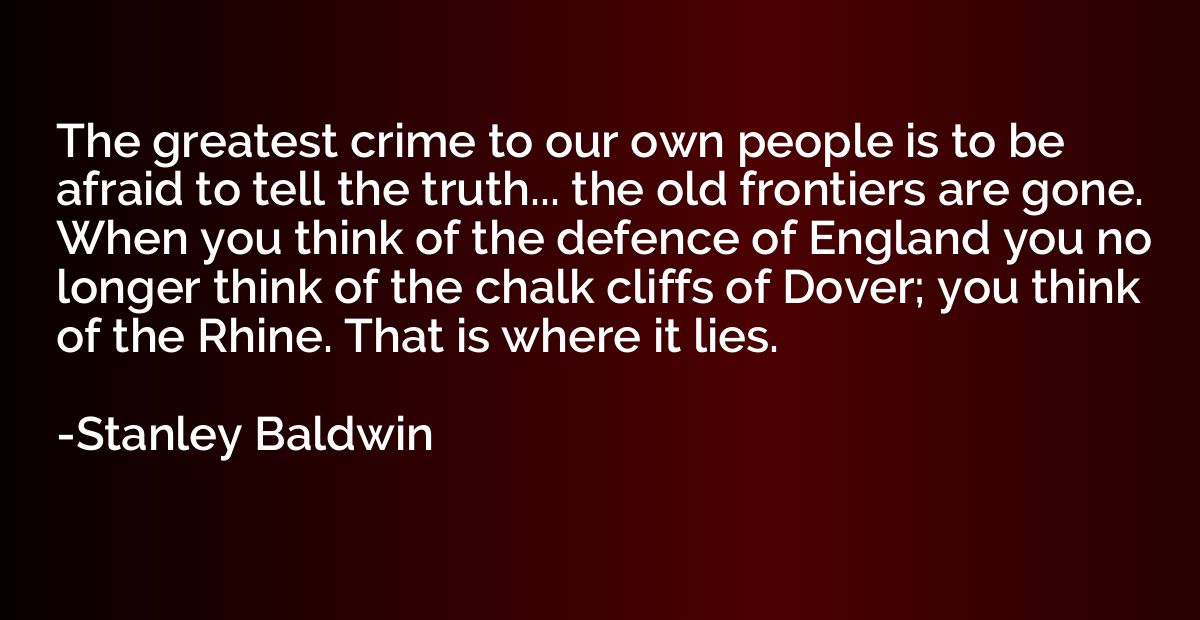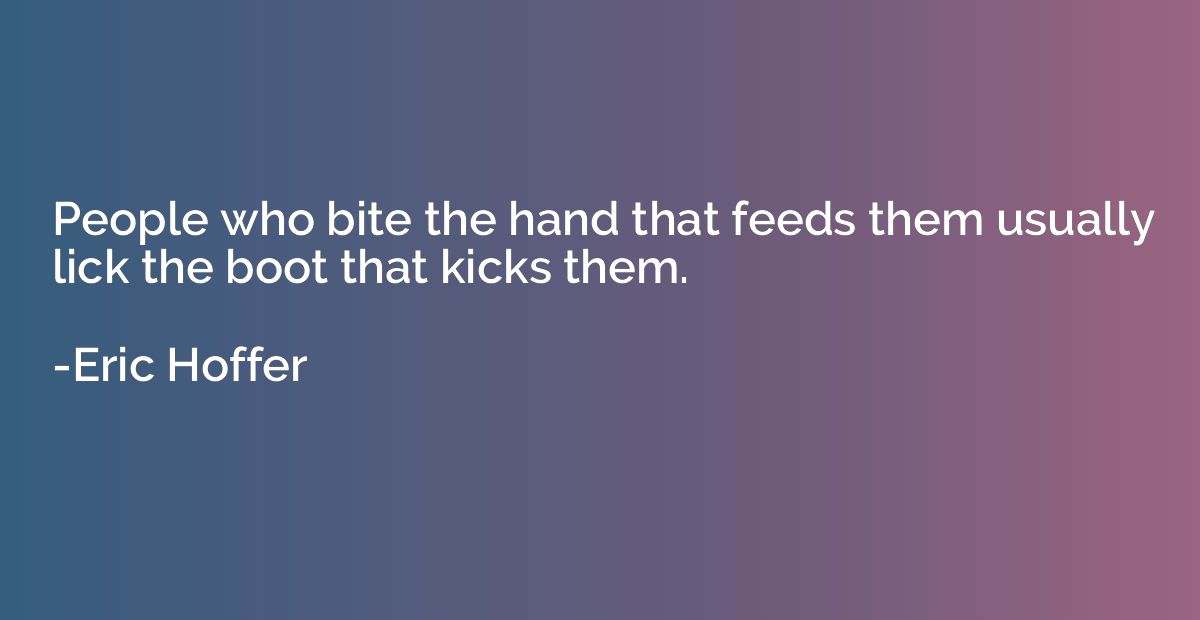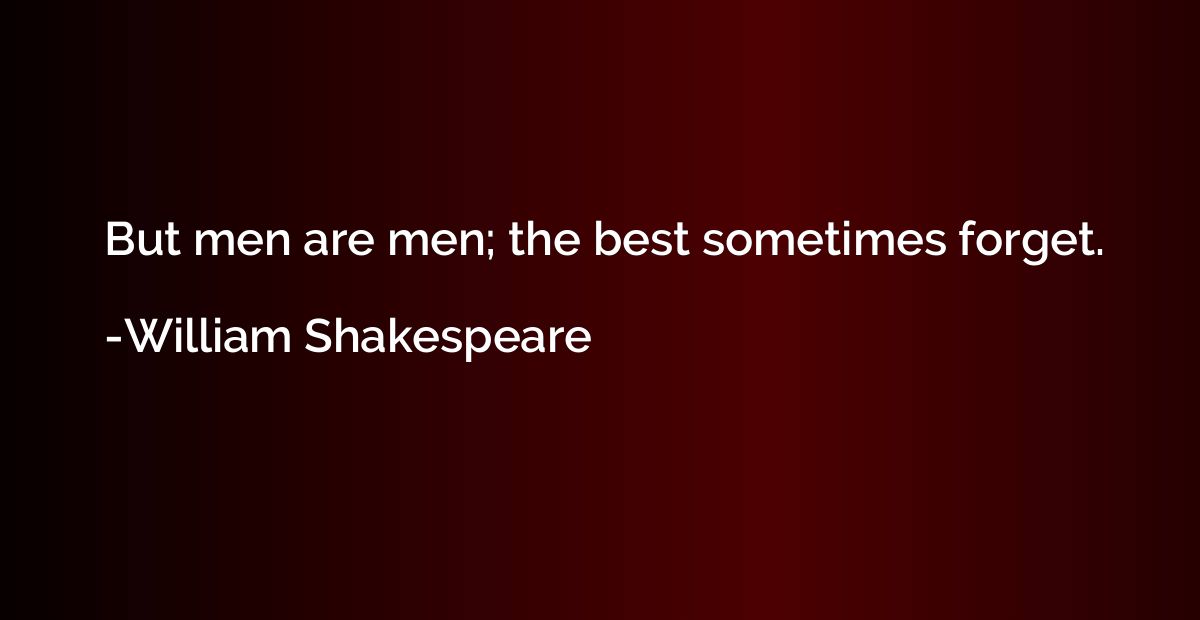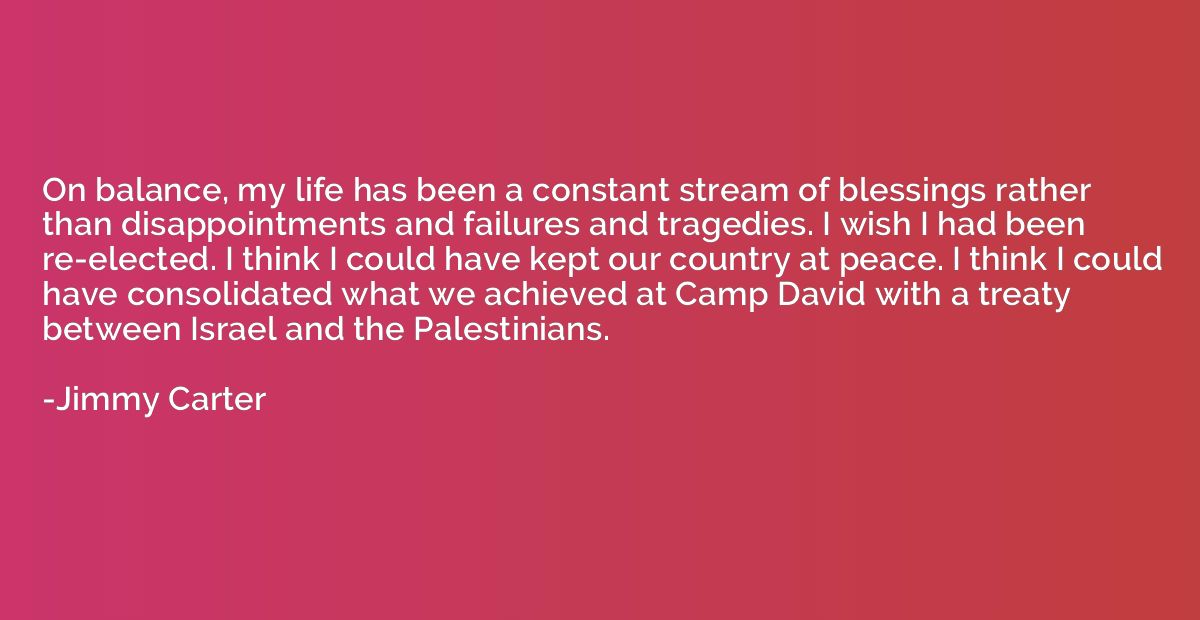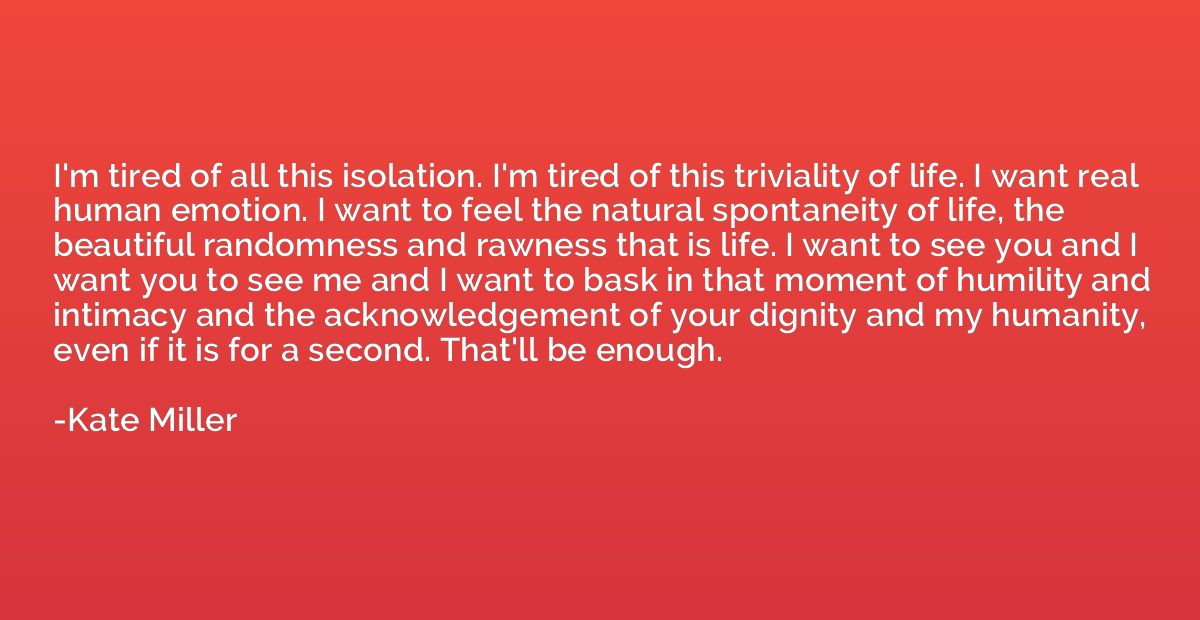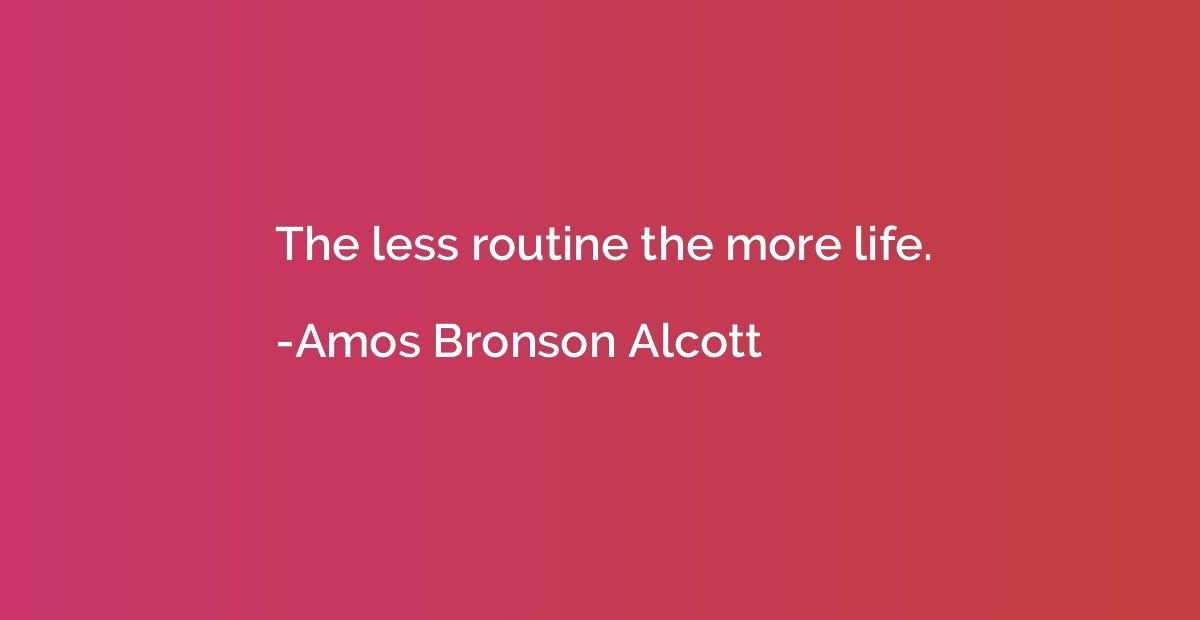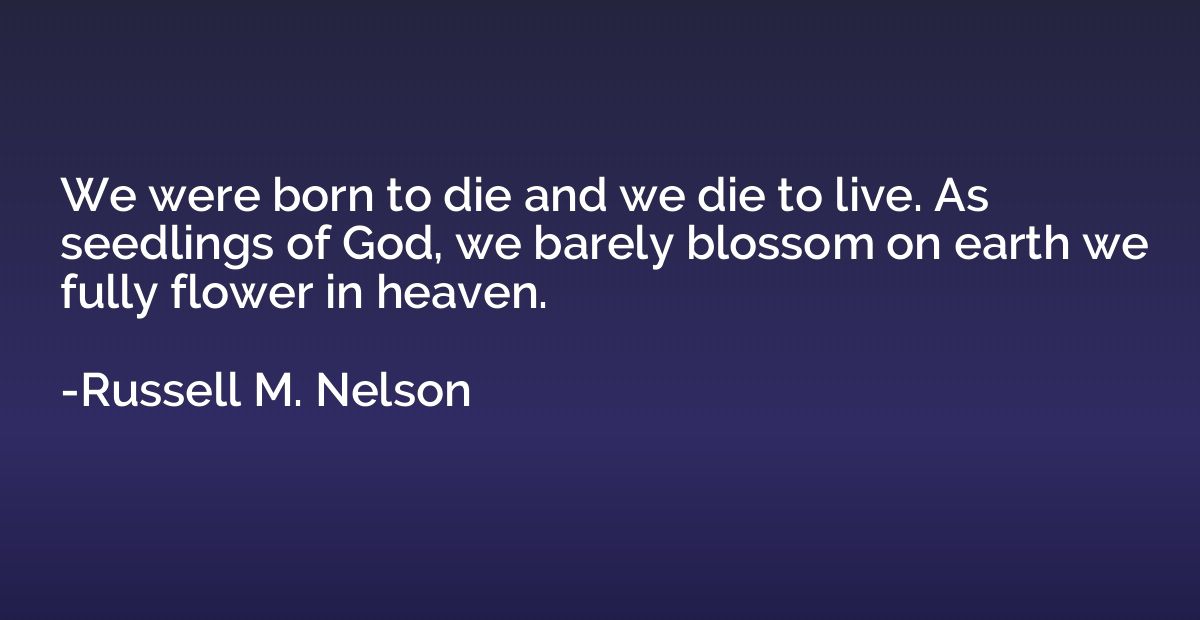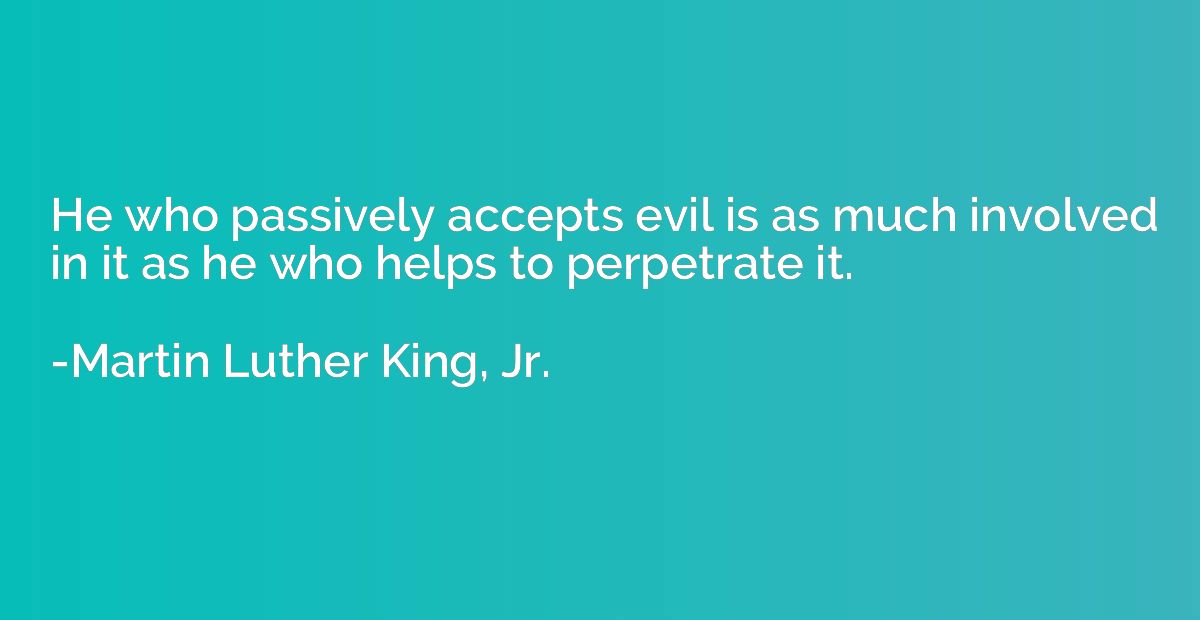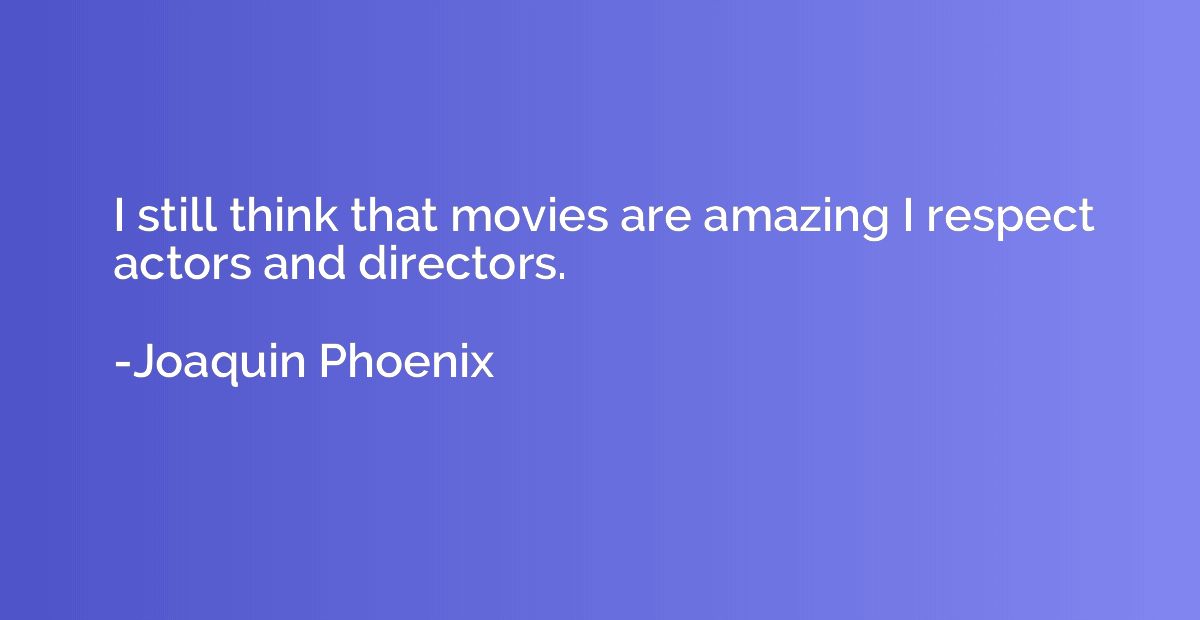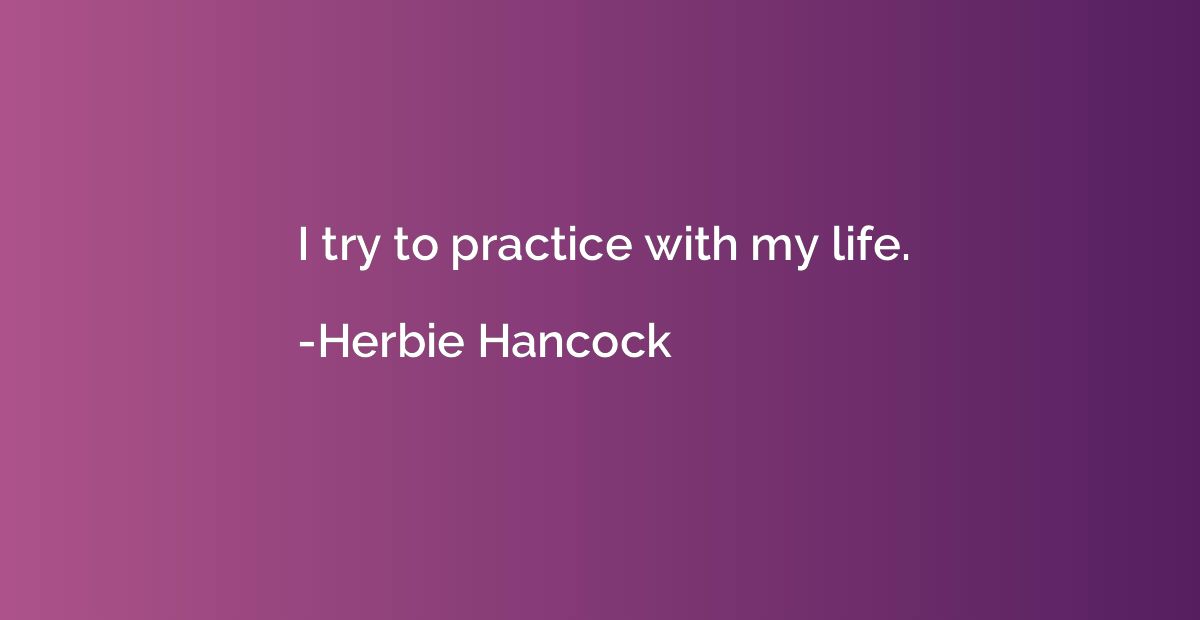Quote by John Brewer, The Great Story
Our true ancestry is the emergent creativity of the universe. Our forebears were the great inventors who 'learned' how to coalesce hydrogen and helium into stars, to form planets, to sustain life first from mineral nutrients in the sea and later to capture delicious photons, to exploit oxygen for energy rather than be exterminated by it, to diversify via sexual reproduction, to form social groups for greater security and protection of offspring. We are the beneficiaries (and, admittedly, also the victims) of this narrative of emergence. Our 'companions'
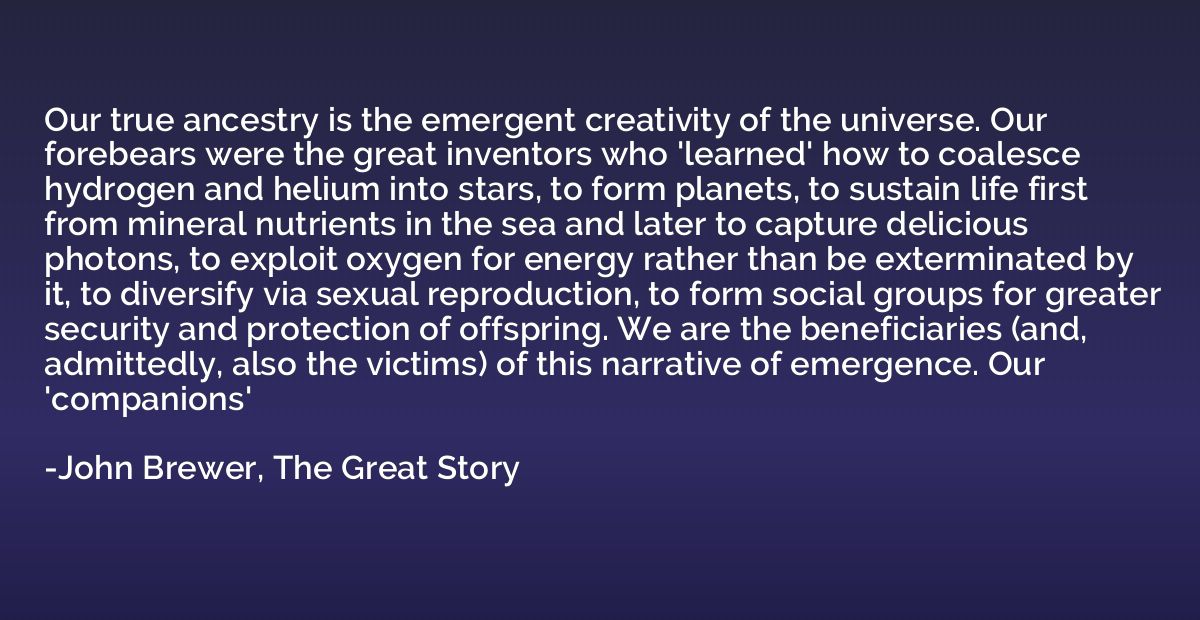
Summary
in this narrative are not just our fellow humans, but all living organisms and even the celestial bodies that have shaped our existence. We are intimately connected to the entire universe, as everything in it is linked through this web of emergent creativity. This quote emphasizes that our origins lie not just in our immediate ancestors, but in the collective evolution and innovation that has occurred throughout the entire history of the universe. It reminds us of our interdependence with all life forms and highlights our responsibility to nurture and protect them.



